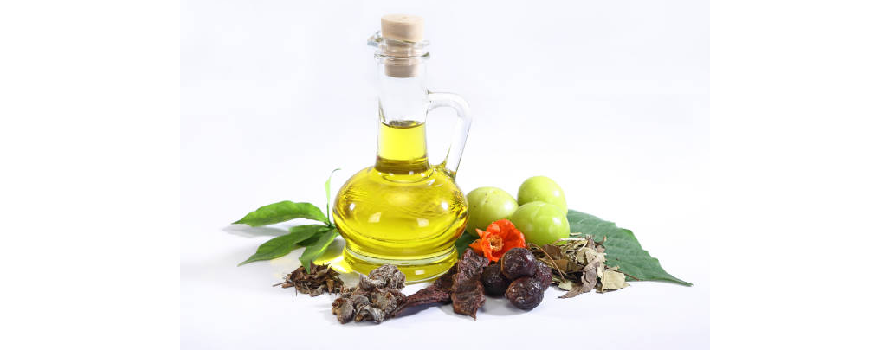Diabetes is named “Madhumeha” in Ayurveda. The approach to cure any illness or condition in Ayurveda is treating it holistically. Diabetes too is treated that way. Diabetes is a chronic metabolic condition. In this condition the body is unable to adequately utilize glucose, resulting in hyperglycemia and sugar in the urine.
Diabetes in Ayurveda
is translated as “sweet urine” because “Madhu” means sweet and “Meha” means urine.
The Kapha Dosha imbalance is a cause of diabetes. Being a Kapha dominant person, however, does not automatically imply diabetes. If Kapha’s dominance isn’t countered with a balanced lifestyle, it can lead to diabetes. Ayurvedic medicine for diabetes treatment is not specifically a medicine. Ayurveda has a unique approach to diabetes treatment, which includes several things. A change in diet, some medications, exercise, and panchakarma. And it works if you stick to them without stopping.
In contrast to modern medicine, Ayurveda uniquely approaches diabetes. It revitalizes the body, not only to “control” sugar levels but also to prevent further complications. Depending on the individual’s condition, diabetes may cause obesity or emaciation. Detoxification of the body may help people suffering from diabetes who are not overly weakened.
Ayurvedic medicine for diabetes provides an extensive and costly detoxifying program called Panchakarma. Ayurveda’s diabetic diet plan is a simplified diet to minimize sugar in the body to reduce blood glucose levels. The diet consists of barley, light and bitter vegetables, ghee, herb, and any other appropriate food based on the person’s constituent nature. Honey balances Kapha and can benefit some people.
If you are diabetic avoid taking sugar, sugarcane juice, oil, ghee, jaggery, cakes, sour beverages, alcohol, curd, junk food, butter, cold drinks, biscuits, carbohydrate-dense foods, root rhizome. Ayurveda specifies also the use of some herbs that may aid in diabetes treatment are turmeric, gurmar, karela, tulsi, fenugreek, neem, Guggulu, amla.
Diabetes has recently been characterized as a lifestyle condition rather than a disease associated with ageing. As previously mentioned, diabetes is caused by an affluent lifestyle that includes a sedentary work schedule, inadequate physical activity, and an excessive intake of refined foods. The most successful ayurvedic treatment for diabetes is exercise and yoga.
Yoga aids in the management of diabetes. This is mostly because Yoga has a calming effect on the factors that contribute to diabetes. Stress and obesity are two major factors that contribute to the development of diabetes. Regular yoga practice combined with meditation alleviates tension and slows the body’s fat production. Pranayam, surya namaskar, balasana, vajrasana, sarvangasana, halasana, and dhanurasana are only a few beneficial postures.
Avoid mid-day naps. Consume fewer carbohydrates. Keep away from alcohol and tobacco. Incorporate a small amount of exercise into your everyday routine, just enough to get your heart pumping. Avoid skipping blood tests. Maintain daily health inspections. Avoid adding an excessive amount of oil to your food.
Dietary preparation and lifestyle modifications are some ways to about treating diabetes. The stressful routine of our lives can build up and lead to medical traumas such as hypertension, heart attacks, emotional binge eating and high cholesterol. Both of these signs contribute to the development of diabetes; however, you can delay the disease’s early onset by taking control of your routine and making healthy lifestyle choices. Consume well-balanced foods that are low in sugars. Increase your consumption of green leafy vegetables and practice yoga.



